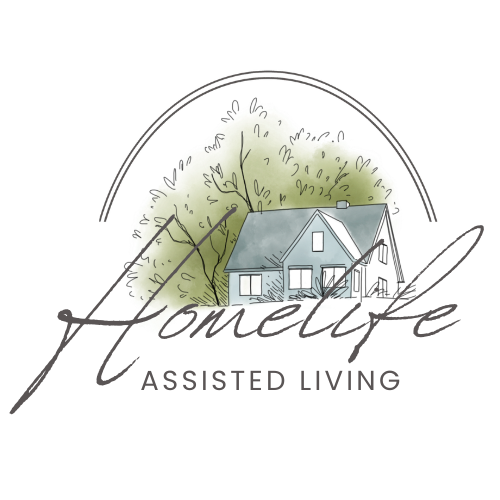Assisted living is a type of residential care that provides seniors personalized support to maintain their independence while ensuring their safety and well-being. It bridges the gap between independent living and more intensive care facilities, offering a combination of housing, supportive services, and health care. Here are some of the key components of assisted living:
1. Assistance with Daily Routines:
Residents receive help with daily activities such as getting out of bed, moving around, and maintaining a structured daily schedule. This support ensures they can carry out their routines with ease and safety.
2. Nutritious Meals and Snacks:
Assisted living facilities provide all meals and snacks prepared by professional chefs and nutritionists. These meals are tailored to meet dietary needs and preferences, ensuring residents receive balanced and enjoyable nutrition.
3. Medication Management:
Trained staff manage and administer medications, ensuring residents take their prescriptions correctly and on time. This helps prevent complications and provides consistent and effective treatment.
4. Bathing and Dressing:
Residents receive assistance with personal hygiene tasks such as bathing, grooming, and dressing. This support maintains their dignity and promotes good hygiene practices.
5. Hygiene Assistance:
Besides bathing and dressing, staff assist with other hygiene needs, including oral care, nail care, and hair care, helping residents feel fresh and confident.
6. Incontinence and Toileting:
Staff provide discreet and respectful assistance to residents experiencing incontinence or needing help with toileting. This ensures residents remain comfortable and maintain their dignity.
7. All Laundry Care:
Laundry services are included, ensuring that residents’ clothing and linens are regularly cleaned and maintained. This removes the burden of laundry from residents and their families.
8. Transportation Coordination:
Assisted living facilities often coordinate transportation for residents, whether for medical appointments, social outings, or errands. This service helps residents stay active and engaged in the community.
In summary, assisted living provides a comprehensive support system that enhances the quality of life for seniors by addressing their physical, emotional, and social needs. It allows residents to enjoy high independence while accessing the required care and assistance.
